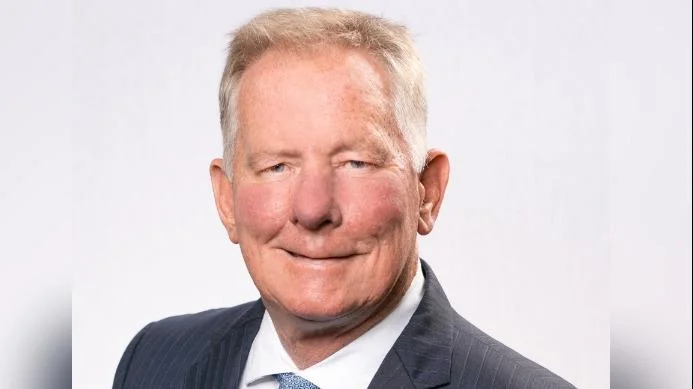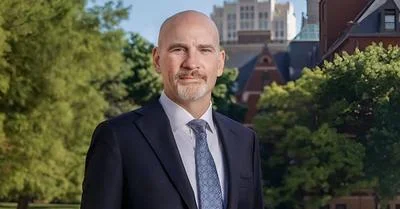Daniel P. Mehan, President and CEO | Missouri Chamber of Commerce and Industry
Daniel P. Mehan, President and CEO | Missouri Chamber of Commerce and Industry
Missouri lawmakers have passed legislation aimed at easing the burden on business owners by reforming Proposition A, which mandates paid sick leave. The reform maintains the $15 minimum wage but removes annual increases based on the Consumer Price Index, providing employers with more predictability in labor cost management. This change is pending Governor Mike Kehoe's signature and will take effect on August 28.
The Missouri Chamber of Commerce and Industry led a coalition of over 550 businesses advocating for this reform. Kara Corches, president and CEO of the Missouri Chamber, emphasized that "business owners know best how to run their own companies," suggesting that HB 567 will allow them to make decisions that benefit their teams and strengthen the state's economy.
Despite these legislative successes, lawmakers did not address access to child care, an issue highlighted by a report from the U.S. Chamber of Commerce Foundation and the Missouri Chamber as costing Missouri an estimated $1.35 billion annually. Corches expressed disappointment at this missed opportunity.
In addition to Proposition A reform, legislation was passed to bolster utility infrastructure through SB 4, sponsored by Sen. Mike Cierpiot and Rep. Josh Hurlbert. This bill introduces a new ratemaking standard known as future test year and includes provisions for natural gas discounts to attract large economic projects.
Public safety measures were also enacted with Gov. Kehoe signing into law an omnibus crime package increasing penalties for organized retail theft and establishing free college tuition for first responders and their children under SB 71.
Tort reform saw progress with SB 47 signed into law, aiming to align Missouri’s class action rules with federal standards. Corches noted this as a step towards creating a fairer legal system but acknowledged further work is needed on modernizing statute limitations.
The state budget reflects investments in high-tech manufacturing and workforce training with funds allocated for programs like the Credential Training Program and initiatives targeting semiconductor production.
The Missouri Chamber also played a role in halting several proposed bills they deemed harmful to business interests such as increased taxes on manufacturers and restrictive SNAP benefit regulations.
Corches reiterated their commitment to defending free enterprise in Missouri: “We oppose any legislation that adds to the regulatory burden or creates barriers to interstate commerce.”




 Alerts Sign-up
Alerts Sign-up